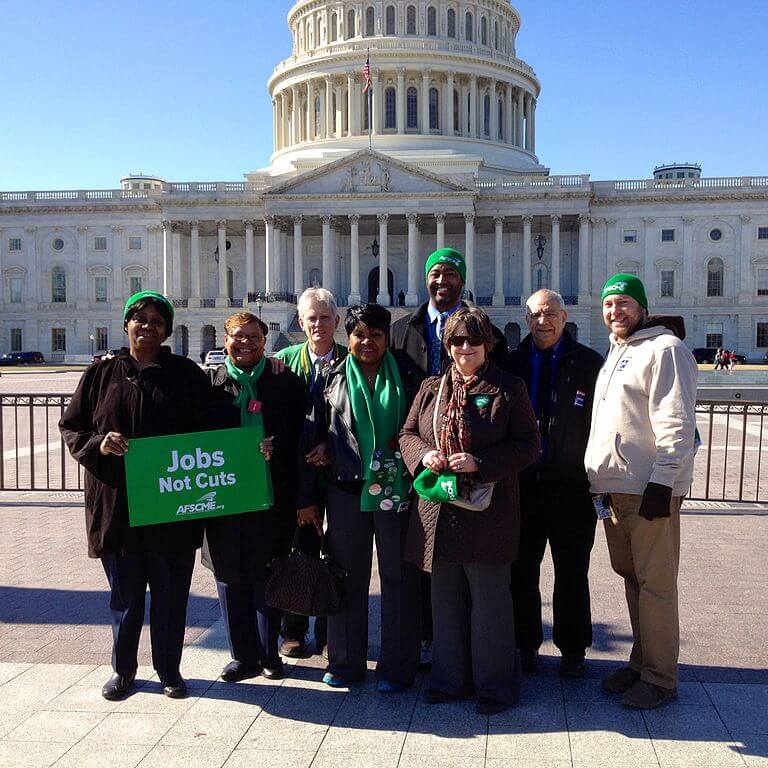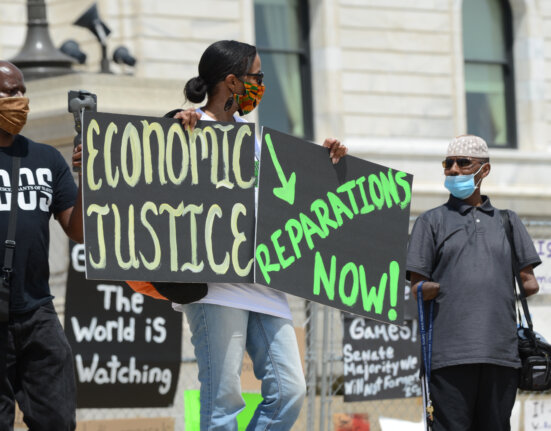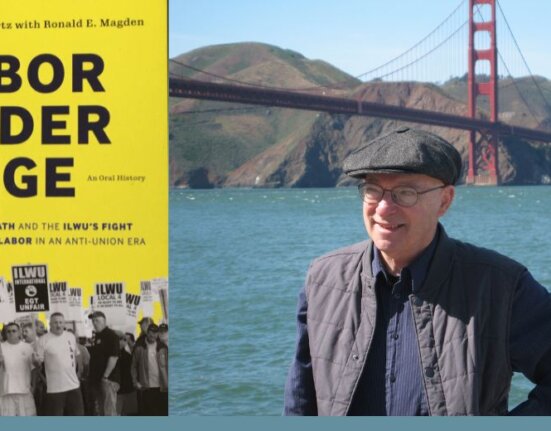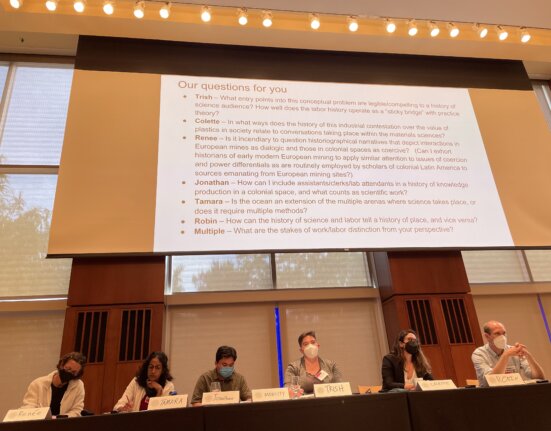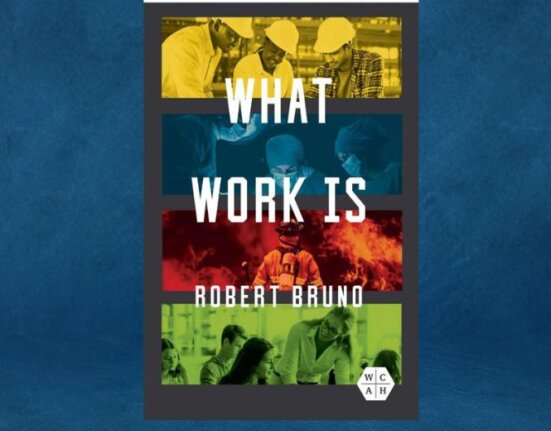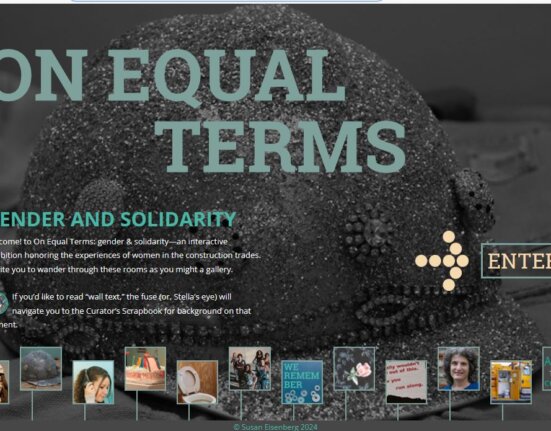Lee A. Saunders, president of the American Federation of State, County, and Municipal Employees (AFSCME), recently announced that his union is severing ties with the United Negro College Fund (UNCF), effective September 1. For about a decade, the two organizations had been partners in the Union Scholars Program, which introduced students of color to the labor movement, funded recipients’ education expenses during their junior and senior years, and served as a pipeline to employment opportunities in AFSCME and social justice organizations. The split occurred after UNCF president and CEO Michael Lomax made public in June that the agency had accepted $25 million from David and Charles Koch, the billionaire owners of Koch Industries.

The Koch brothers, as most of us already know, are major financial patrons of the Tea Party Republican right. Through vehicles such as the Charles Koch Foundation and the American Legislative Exchange Council (ALEC), they have sponsored attacks on collective bargaining rights for public unions, promoted restrictive voter identification laws and the Supreme Court’s gutting of the 1965 Voting Rights Act (Shelby County v. Holder, 2013), supported the “stand your ground” legislation that has yielded murderous fruit in states like Florida, advocated anti-choice policies that undermine women’s right to make intimate decisions about their bodies, and funded rearguard actions against the Patient Protection and Affordable Care Act. More generally, they have championed the fiscal austerity that has continued to enrich the “1 Percent” at the expense of most Americans across race and across the working and middle classes. For a shining example of what this has produced, look no further than the state of Kansas, the Koch brothers’ home base. Under the tenure of Governor Sam Brownback, reports the New York Times, a regressive, “trickle-down” approach to taxes has not only cut spending for education and other public services, but it has also slashed state revenue, hurt employment and average earnings, and slowed overall economic growth.
As Saunders argued in an open letter to Lomax, he did not object to the UNCF accepting the Kochs’ financial gift, per se. As Lomax explained in an interview with Education Week, Koch Industries has given the UNCF about $1.5 million in support since 2005. “[W]e have never used a political or ideological lens to determine who can or cannot support UNCF,” the fund’s CEO protested. The problem for AFSCME’s leaders, however, was the very obvious strings attached to that Koch money. For starters, Lomax participated in the right-wing billionaires’ annual strategy summit, where this year’s focus was on winning a Republican majority of the U.S. Senate in the upcoming midterm elections. It should be noted, too, that one of the luminaries in attendance was Charles Murray, who has built his career vilifying the legacies of the New Deal and Great Society, as well as resurrecting assertions that racial and class disparities are the result of unequal levels of intelligence. Further, while $4 million dollars of the grant will go toward supporting the UNCF’s member colleges and universities, $18.5 million is to be earmarked for a “Koch Scholars” program for students to study free-market libertarian principles. Koch organizations, moreover, will occupy two of five seats on the scholarship’s selection committee. The AFSCME leadership, meanwhile, has pledged to continue its own scholarship program for black students by working directly with historically black colleges and universities (HBCUs), as well as “faculty members, student organizations, and other allies” apart from the UNCF.
Although this particular matter seems to be bitterly resolved, it nonetheless reveals larger political tensions of race, class, labor, and ideology. Saunders, AFSCME’s president, is black, and African Americans constitute about 15 percent of the union’s membership. About 1 in 5 African Americans is employed in the public workforces, making them a key segment of public employee unions’ rank and file. It is significant, then, that during AFSCME’s annual convention, members voted to affirm Saunders’s decision to end their partnership with the UNCF. Admittedly, the House of Labor has had a checkered history with workers of color, one that has been rife with racial conflict and exclusion. Even still, the union movement has been an important space for progressive struggle. In any case, unions historically have been more trustworthy in the fight for racial democracy than right-wing conservative organizations hostile to civil rights, work protections, and the social safety net.

At the same time, the UNCF – founded in 1944 by Mary McLeod Bethune, Frederick Douglass Patterson and other prominent black educators – is an august institution that has played a key role in financing higher education for African Americans. The organization has awarded anywhere between 12,000 and 65,000 scholarships a year. Yet, “for every award we make,” Lomax noted in his interview with Education Week, “we have to turn down nine highly qualified students because we don’t have the financial resources.” For Lomax, the question of accepting Koch money boils down to whether more black students will get a chance to pursue higher education or not. There’s no reason to believe that Lomax is insincere in his concern for black educational achievement and, to be sure, money is terribly needed. HBCUs, for instance, have been a critical incubator of the black middle-class, producing more African American doctorates, lawyers and engineers than other institutions. Some 46 percent of minority-serving institutions’ students are first-generation attendees, many of them from working-class families with incomes under $34,000. In the time since the U.S. Department of Education tightened credit rating-based eligibility for Parent PLUS loans, an estimated 10,000 or more students have had to drop out of HBCUs, costing these institutions over $150 million in revenue. There is no question that, from the financial crises of schools, professional associations and churches to the collapse of homeownership and wealth, the black public sphere is in an acutely precarious state.
This, coupled with the widespread retreat from racial justice that has occurred over the past several decades (and which has included Democrats as well as Republicans) has understandably primed many reputable black institution leaders like Lomax to make Faustian deals with anyone bearing gifts. In his book, Not in Our Lifetimes: The Future of Black Politics, political scientist Michael C. Dawson recounts how the siting of a Wal-Mart store on Chicago’s South Side similarly fragmented black community opinion between those who favored the venture as a harbinger of development in an economically devastated area, and those who insisted on tying community support for the store to fair labor conditions, including a living wage agreement. Wal-Mart executives drove the wedge further by funneling money to local churches and community groups in exchange for their consent.
As depressing as that episode may be, the relationship between the UNCF and the Koch brothers strikes me as being worse. There is nothing remotely good that can come out of the UNCF-Koch partnership insofar as it is yoked to a retrograde libertarian political project. In the libertarian worldview, autocracy is preferable to democratic processes, property rights trump civil and human rights, markets prevail over social welfare, and individualism triumphs over public responsibility. The Kochs’ initiative with the UNCF is an effort to cultivate such neoliberal values within the black public and consolidate ideological hegemony within the larger discourse of U.S. politics. It comes out of the same reactionary cauldron that has produced anti-labor lawsuits against teacher unions, cynically carried forward in the name of protecting low-income children of color. Consider, as Exhibit A, the L.A. County Superior Court ruling earlier this summer in Vergara v. California, which struck down the teacher tenure and seniority system. Or note, for that matter, a similar turn of events in Kansas this past spring. Conservative lawmakers, forced by the Kansas Supreme Court to provide more funding to poor school districts, exacted their revenge by stripping schoolteachers of tenure. The maneuver enjoyed the backing of – guess who! – the Brothers Koch.
The Koch brothers’ gift to the UNCF also brings to mind U.S. Senator Rand Paul’s recent outspokenness about racial disparities in federal drug sentencing policy. The Republican congressman from Kentucky, who is likely to run for his party’s 2016 presidential nomination, has joined hands on the issue with Democrats like Cory Booker, and U.S. Attorney General Eric Holder, as well as addressed the National Urban League about the need to ameliorate the effects of mass incarceration. Paul’s overtures to a potential black constituency may indeed help to create space to mobilize both Democratic and Republican officeholders and candidates to publicly address, as a legitimate campaign issue, a problem of particular concern to working-class communities of color. But we should not misunderstand who he is no more than we should mistake the Koch money to the UNCF for philanthropy. Like the Koch brothers, Paul is committed to shrinking government small enough to drown in a bathtub, abandoning the citizenry to the tender mercies of the free market, and sanctifying the liberties of the private individual.
The Kochs, the Rand Pauls, and others like them, are all tribunes of the same barbarism that has hampered wages, working conditions, social security, and quality of life for too many people in the United States. Far from representing isolated developments, the Koch brothers’ newfound forays into African American institutional life, as well as Paul’s, suggest that the black public sphere, as elsewhere, may become an even more active battleground in the contest between neoliberalism and its discontents. As ASCME leaders hopefully have illustrated through the decision to end their collaboration with UNCF, black community institutions undermine their integrity, and forfeit the welfare of their constituents, when they allow themselves to become the property of the highest bidder. In the historical period that we currently inhabit, I suspect that this is an admonition to which we will frequently have to return.



